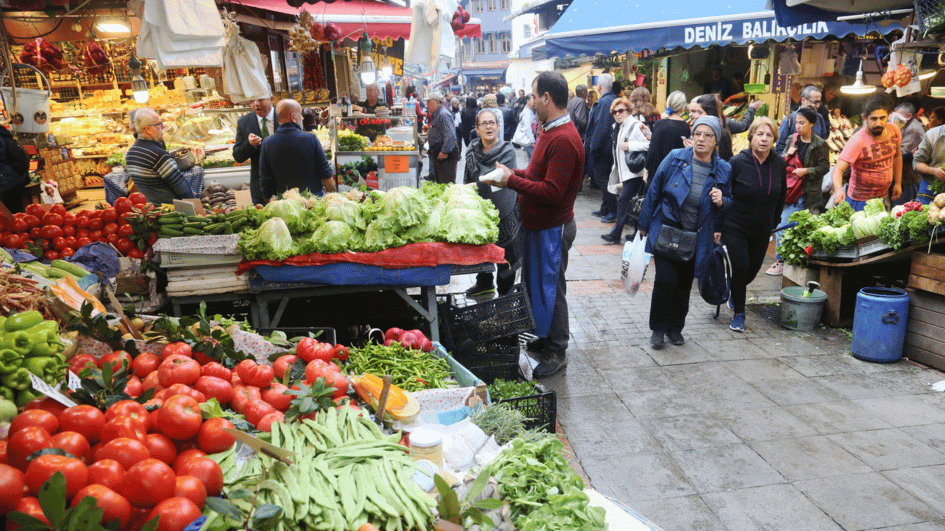Muslims, Turkey and ISIL
Muslims all over the world rightly hate to be held responsible for the atrocities committed by some groups or organizations (like ISIL recently) in the name of Islam. Yet, they (in fact, “we”) have the responsibility to engage in an open debate on those issues without seeking refuge in arguments about Islamophobia.
Similarly, all Muslims rightly hate to be asked to prove that they are “good Muslims.” However, we have to prove that we are honest and sincere about denouncing evil deeds in the name of Islam, without surrendering to a “persecution complex.” Finally, Muslims are justifiably skeptical about foreign meddling and interventions in the affairs of their countries. However, we first have to decide if foreign interference has always been unwanted in the past and is still undesirable. Moreover, we have to admit that the matter at hand is politics, political principles, interests and conflicts, rather than the West against Muslims or vice versa. Then, we can have an honest debate on the issue of the Islamic State of Iraq and the Levant (ISIL).
Concerning the issue of ISIL, most Muslims still seem and sound at least quite “confused,” if not ambiguous, even in Turkey. There is no doubt that the conservatives/Islamist circles of Turkey do not identify with the brutal acts and radical ideology of ISIL. Nevertheless, ISIL has been criticized more for being a product and tool of “Western interests” than anything else. Besides, after ISIL entered Mosul, it has been argued that that it was not only a reaction of Sunnis against former Iraqi PM Nouri al-Maliki’s sectarian politics, but also the natural outcome of the exclusion of Sunnis from Iraqi politics in the wake of the U.S. occupation. As for ISIL’s declaration of a Caliphate, the debate was on the absence of some preconditions of the Caliphate, rather than a powerful denunciation of such a violent group altogether.
Finally, the rise of radicalism in the region has come to be regarded as a result of the failure of “Western powers” to support the Syrian opposition. Indeed, Muslims of the Sunni camp invited Western intervention in Syria many times and have been disappointed by the absence of intervention, let alone denouncing it as more Western meddling. It is no surprise for those who are familiar with the modern history of the Middle East, since it is full of similar inconsistences. In fact, it is sheer “politics as usual” more than anything else; when Muslims of all stripes seek Western support an even intervention, they do not call it Western meddling, be it against communism in the past, or against Iran or its allies in the present. Now, Sunni countries including Turkey are faced with a serious dilemma; even if they do not identify with ISIL and its ideology, they not only do not want to ally with Western powers against other “Muslims,” but they also don’t want to lose their grip on the Sunni-dominated regions of Iraq.
It is a very sad moment especially for Turkey, since the current government was (and still is) dreaming of being the leader of Sunnis, rather than collaborating with Western powers. Besides, the fact that more than 40 Turkish citizens, including diplomats, are in the hands of ISIL is a major weakness, rather than a good pretext to avoid confrontation with ISIL. After the ISIL advance became a major international concern, “the hostage factor” became more debatable, since it can either be explained as a major weakness of security on behalf of Turkey, or as a matter of vicious speculation. Besides, the ISIL issue is becoming more of a headache for Turkey concerning the Kurdish issue, although that is another matter.
Finally, the conservatives/Islamist rulers of Turkey had better take the ISIL issue seriously and act as a sober regional actor and responsible Muslim country, rather than giving credence to unrealistic scenarios. If the NATO summit still did not ring any bells, we will find ourselves in a more difficult position soon.











